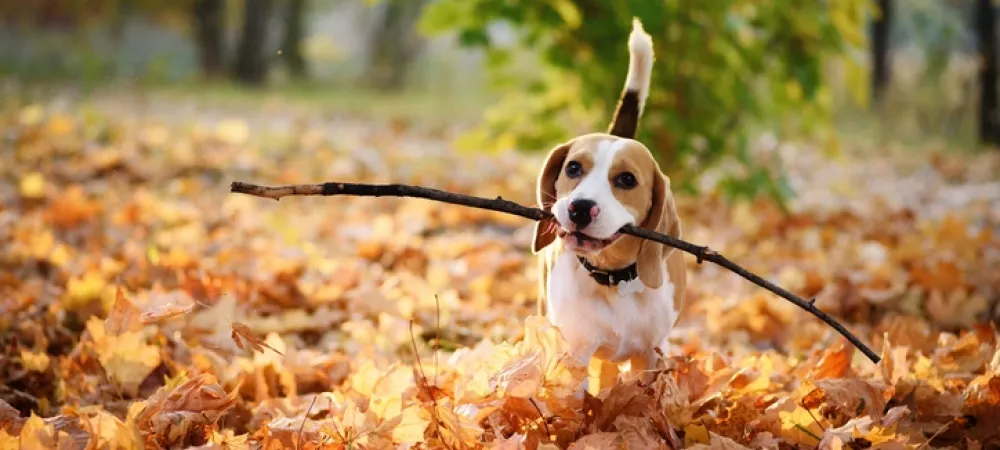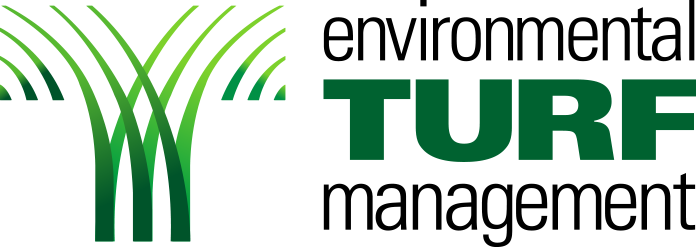
How to Winterize Your Georgia Lawn: Step-by-Step Guide
As Georgia’s cooler months approach, preparing your lawn for winter is crucial to maintaining its health and ensuring a vibrant spring comeback. Without proper winterization, lawns can suffer from cold stress, nutrient loss, and weed infestations. This guide provides clear, expert-backed steps tailored to Georgia’s climate, with direct references from trusted local sources to offer actionable, trustworthy advice.
The Quick Answer
To winterize your Georgia lawn, gradually lower mowing height, apply a potassium-rich fertilizer before frost, mulch leaves to nourish the soil, adjust watering to meet reduced winter needs, and apply preventive herbicides to control weeds. These measures strengthen roots and reduce winter damage, preparing your lawn for a healthy spring.
Why Winterize Your Georgia Lawn?
Georgia’s warm-season grasses, such as Bermuda and Zoysia, enter dormancy during winter, making them more vulnerable to stress factors like frost and diseases. According to the University of Georgia Extension, “Potassium fertilizer applied in the fall improves cold tolerance and root strength, helping lawns survive winter stresses and green up faster in spring”. Winter weed control is also essential as these weeds compete for nutrients during the dormant period.
Step-by-Step Winterization Process
Begin winterizing your lawn in late October through early December when daily high temperatures consistently fall below 60°F. The goal during this period is to prepare your grass for dormancy, protect its roots, and prevent common winter lawn issues.
First, adjust your mowing habits gradually. Start by lowering the mower blade to about 2 inches, then over several mowings, reduce it to approximately 1 to 1.5 inches for warm-season grasses like Bermuda and Zoysia. This reduction helps the grass conserve energy, reduces excess leaf blade moisture that promotes fungal diseases, and lessens the chance of snow mold or other winter fungal infections. Avoid cutting the grass too short or too quickly, as this can shock the plants and weaken them before winter.
Next, soil testing is crucial for understanding nutrient and pH levels. You can collect a small soil sample (about the size of a golf ball) from several locations in your yard and send it to your county extension service for quick analysis. A balanced soil pH near 6.0 to 6.5 is ideal for most Georgia lawns. If your soil is too acidic or alkaline, applying lime or sulfur amendments may be necessary to achieve this balance. Clemson Cooperative Extension emphasizes that in the fall, “potassium fertilizer doesn’t promote leaf growth but enhances root development, critical for winter survival”. Generally, potassium is applied as a fertilizer with an N-P-K ratio favoring potassium (the last number), such as 0-0-50.
Water management at this stage is equally important. Deep, infrequent watering encourages the development of deep root systems that can access moisture well below the surface. Aim to supply about one inch of water per week until your grass fully goes dormant. Once the lawn enters dormancy, reduce watering to only during prolonged dry spells to keep the roots alive, but avoid encouraging new, tender growth that is vulnerable to frost damage. Using a rain gauge or soil moisture meter can guide watering frequency.
Leaf litter can have both positive and negative effects on your winter lawn. Mulching fallen leaves with your mower chops them into smaller pieces that decompose quickly, returning nutrients and organic matter to the soil. However, if leaf accumulation becomes thick enough to block sunlight and trap moisture, it can suffocate grass and raise the risk of fungal diseases. Alabama Cooperative Extension advises to “remove excessive layers that block sunlight and trap moisture, which can cause fungal problems”. Regularly check your lawn for leaf buildup, especially after periods of heavy leaf fall.
Lastly, early preventive weed control is vital. Applying a pre-emergent herbicide in early October targets weed seeds before they germinate, helping prevent common winter weeds like annual bluegrass or chickweed. If you have already noticed winter weeds, carefully spot-treat them with a post-emergent herbicide that is safe for turf to avoid stressing your lawn. The University of Georgia Extension recommends this approach to keep your lawn weed-free and less competitive for nutrients during the winter months.
Winter Lawn Care Options and Best Practices for Georgia
For Georgia lawns, potassium fertilization is a standard part of winter preparation. Some homeowners overseed with ryegrass for winter color, although this requires more watering and may not be suitable for every situation. Mulching leaves recycles nutrients but requires monitoring to avoid disease risks. Professional lawn care may involve a combination of fertilization, aeration, and weed control tailored to your lawn’s specific needs.
Prevention Tips for Winter Lawn Health
- Gradually reduce mowing height.
- Test and amend soil pH in the fall.
- Mulch leaves, but remove thick layers.
- Water deeply and infrequently before dormancy.
- Protect irrigation systems to prevent damage from freezing.
Making these small adjustments now can help your lawn transition smoothly into dormancy and set the foundation for a healthier, greener yard next spring.
When to Call Lawn Care Professionals
If your Georgia lawn shows persistent discoloration after winter, struggles with heavy weed or pest infestations despite your best DIY efforts, or your irrigation system has suffered damage, it’s time to reach out to the experts. Our professional lawn care team specializes in detailed soil testing, amendment applications, and customized winter lawn treatments designed to address these challenges effectively. We tailor our services to your lawn’s unique needs, ensuring optimal health through the colder months and a strong recovery come spring. For comprehensive care, visit our Lawn Care Services page to learn more about how we can support your lawn’s winter health.
Protect your Georgia lawn this winter with expert care tailored to your yard’s needs. Contact us today to schedule a personalized winterization plan that ensures your lawn thrives throughout the winter and returns healthy in the spring.
Sources:
- “Fall chores to ready warm-season lawns for winter.” University of Georgia Extension, 21 Aug. 2025.
- Clemson Cooperative Extension. “Zoysiagrass Yearly Maintenance Program.” 12 Dec. 2024.
- Alabama Cooperative Extension System. “Winter Maintenance for Lawns and Landscapes.” 6 May 2024.
- University of Georgia Extension. “Winterizing Your Lawn.” 2024.



